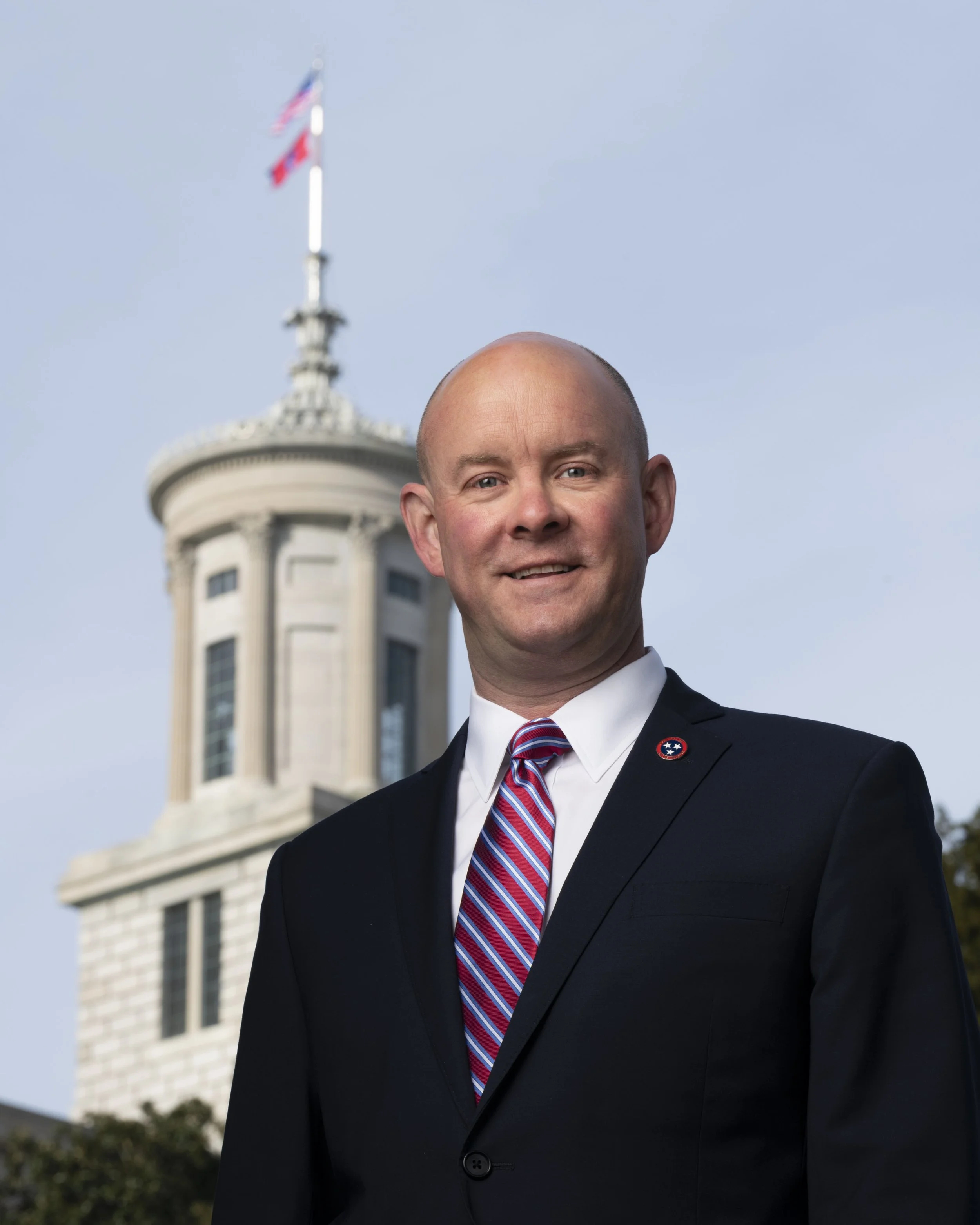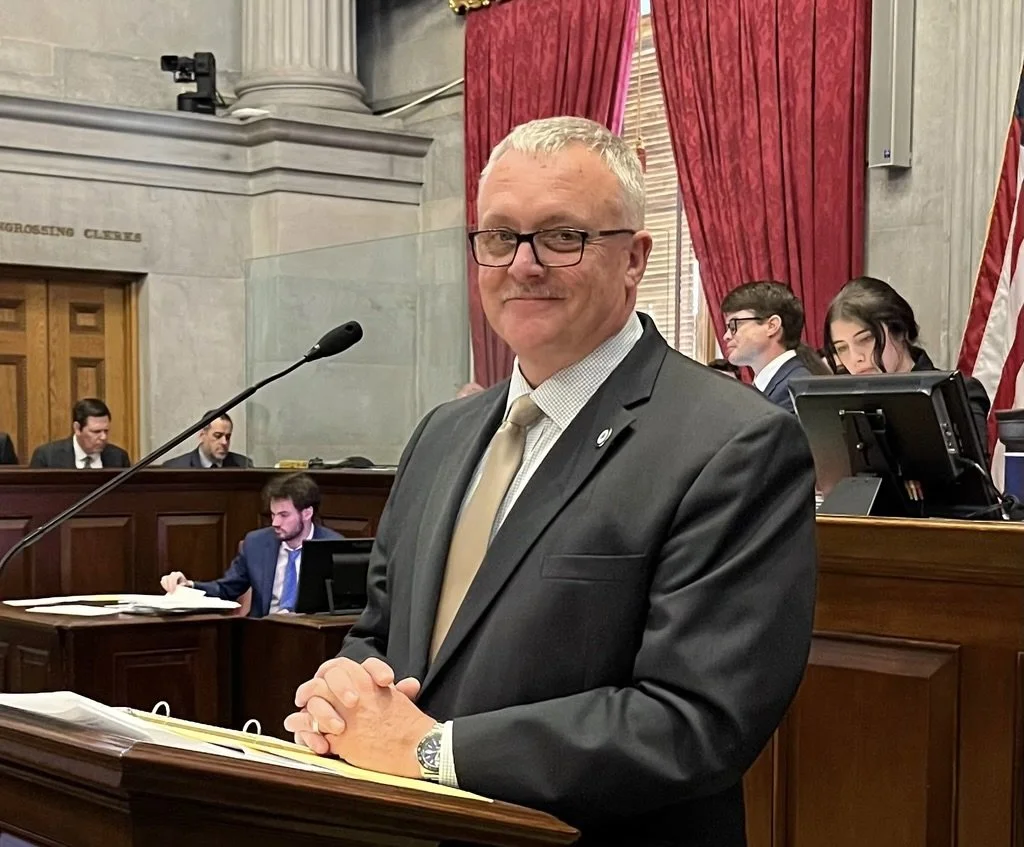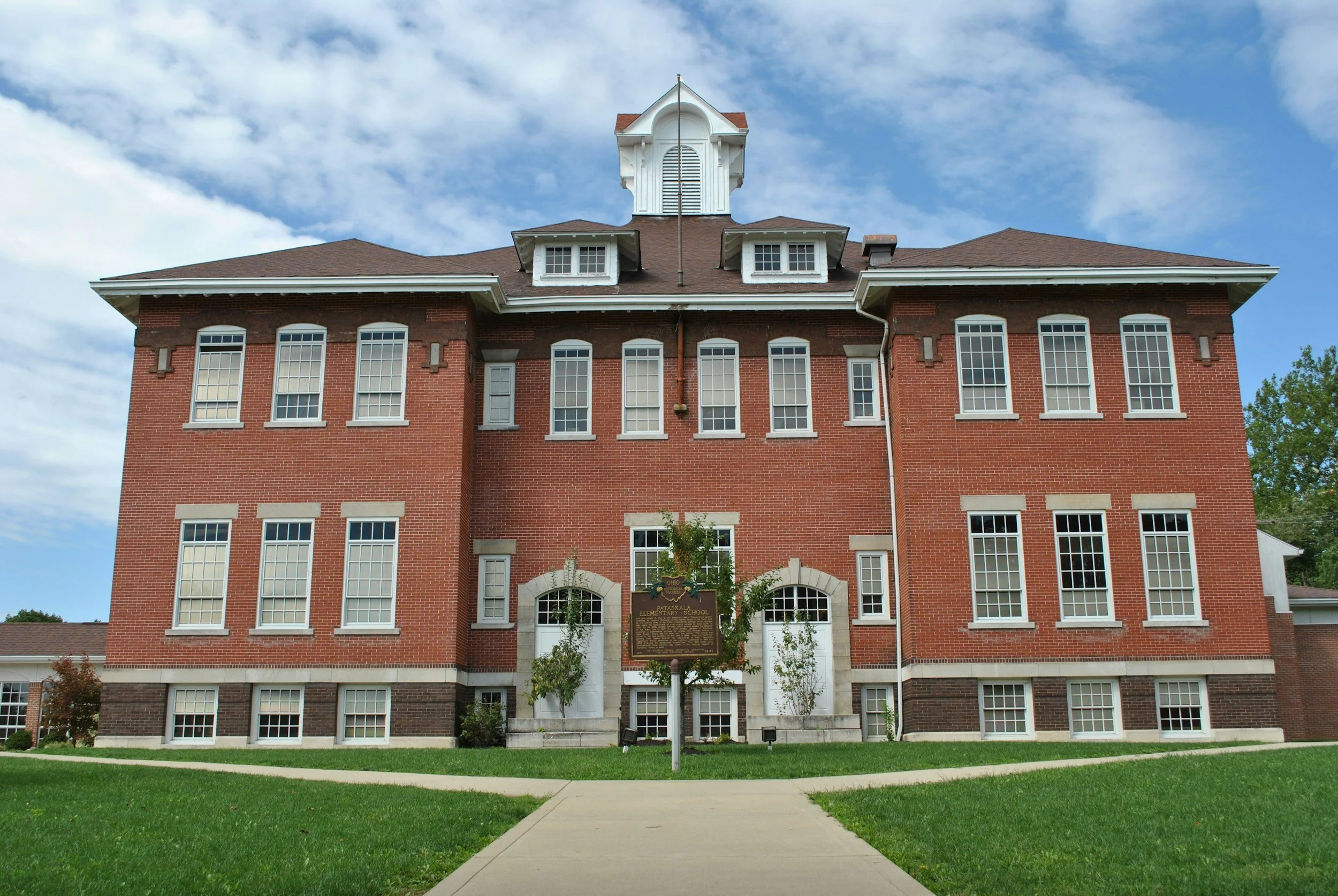STATE GOVERMENT NEWS
Rutherford County homeowners may soon receive tax refunds after a Tennessee Comptroller investigation found that thousands have been overpaying for years due to widespread property assessment errors.
The Tennessee Public Charter School Commission voted Friday to deny four Memphis charter school proposals, including two new schools and two currently operating under the state-run Achievement School District.
The Tennessee Department of Education has announced the finalists for the 2025–26 Principal and Supervisor of the Year awards, recognizing outstanding school and district leaders across the state. The honorees exemplify transformational leadership, innovation, and commitment to student achievement in Tennessee’s public schools.
Tennessee gubernatorial candidate and state lawmaker Monty Fritts was the only legislator to oppose continuing the Tennessee Department of Education during this week’s sunset hearings at the State Capitol.
Knox County and state leaders are urging voters to reject Knoxville’s proposed $47 million sales tax increase, arguing the measure would add to residents’ financial strain as early voting begins for the November 4 election.
Tennessee Charter Commission Executive Director Tess Stovall has recommended denying four Memphis charter school proposals, citing concerns over financial readiness, governance, and academic planning.
Tennessee SCORE is urging the state to update its higher education funding formula to better reward colleges for helping students earn degrees that lead to strong, high-paying jobs and strengthen the state’s workforce.
The Tennessee Public Charter School Commission advanced a proposed framework Tuesday outlining how it will evaluate Opportunity Public Charter Schools serving at-risk middle and high school students across the state.
Nashville has been selected as one of six U.S. cities to join Amazon Web Services’ Skills to Jobs Tech Alliance, a national initiative bridging education and workforce needs in cloud computing and artificial intelligence.
The Tennessee Higher Education Commission announced that the 2026–27 FAFSA is now open, the earliest launch in history, giving students and families more time to secure vital college financial aid.
Last week, Nashville-based education organization TN SCORE outlined which types of Tennessee postsecondary programs lead to employment where earnings are enough to be economically independent.
Tennessee lawmakers and education leaders clashed this week over whether students with a career and technical education (CTE) focus might be able to substitute CTE courses for core subjects that are currently required for graduation.
The Advisory Committee on Innovations in K-12 Education will make recommendations for the General Assembly to consider next year on testing and other education issues.
Education advocacy organization Tennesseans for Student Success (TSS) recognized four state lawmakers for their leadership in education policy during the 2025 legislative session.
The U.S. Senator utilized her appearance at Nashville Collegiate Prep’s high school grand opening to promote her support for removing barriers that organizations face when starting new public charter schools.
Memphis-based community members, including parents and retired educators, spoke out in support of a proposed public charter school they hope will help bandage a school district they say has “failed thousands.”
Tennessee’s new Education Freedom Scholarship (EFS) program has filled all 20,000 available seats in its first year, according to TDOE.
Tennessee lawmakers are reconsidering graduation requirements for career and technical education (CTE) students, but new national research raises caution.
Both leading Republican candidates in the 2026 governor’s race are applauding President Trump’s decision that also appears to have given one Democratic candidate a larger spotlight.
Hours after the shooting, comments on X from a now-former employee at Middle Tennessee State University led to condemnation from lawmakers and university leadership.
Tennessee’s college-going rate for the Class of 2024 has dropped to 56 percent, with the steepest declines among minority and low-income students.
In a video posted on his campaign website, Fritts attempted to distance himself from fellow Republican gubernatorial candidates Congressman John Rose and Senator Marsha Blackburn by pledging to oppose what he calls the “Nashville establishment.”
In an interview with the Tennessee Firefly’s On the Fly podcast, Rose said he’d be open to tweaks to assessments and evaluations, but believes the state should “keep on keeping on” with both systems that polling has shown Republican voters support.
Extreme weather, rising temperatures, and other environmental changes are affecting how Tennessee students learn and thrive, and experts say action is needed now.
Lawmakers passed the legislation last year, requiring every public school district in the state to develop an age-appropriate curriculum for all grade levels, including kindergarteners.
Virtual students in Tennessee are causing unexpected distortions in how the state calculates school funding, according to findings presented Thursday by the Tennessee Advisory Commission on Intergovernmental Relations (TACIR).
Blackburn told supporters she plans to do four things “extremely well” if elected governor - keep taxes low, simplify licensing requirements, ensure government regulation is light, and provide businesses with a well-trained workforce.
As Tennessee education leaders are moving forward with major changes to teacher licensure requirements, state legislators emphasized the need for these measures to be paired with strong accountability measures and targeted support to ensure teacher quality Wednesday morning.
Currently, 96 percent of teachers receive a level of effectiveness of meeting expectations or higher on the Tennessee Educator Acceleration Model (TEAM) evaluation system.
A new national survey reveals that most parents would send their children to private or religious schools if public funding were available, signaling a major shift in attitudes toward school choice. The 57th annual PDK Poll also found declining confidence in public schools, urgent concerns about teacher pay and staffing shortages, and broad opposition to eliminating the U.S. Department of Education.






























